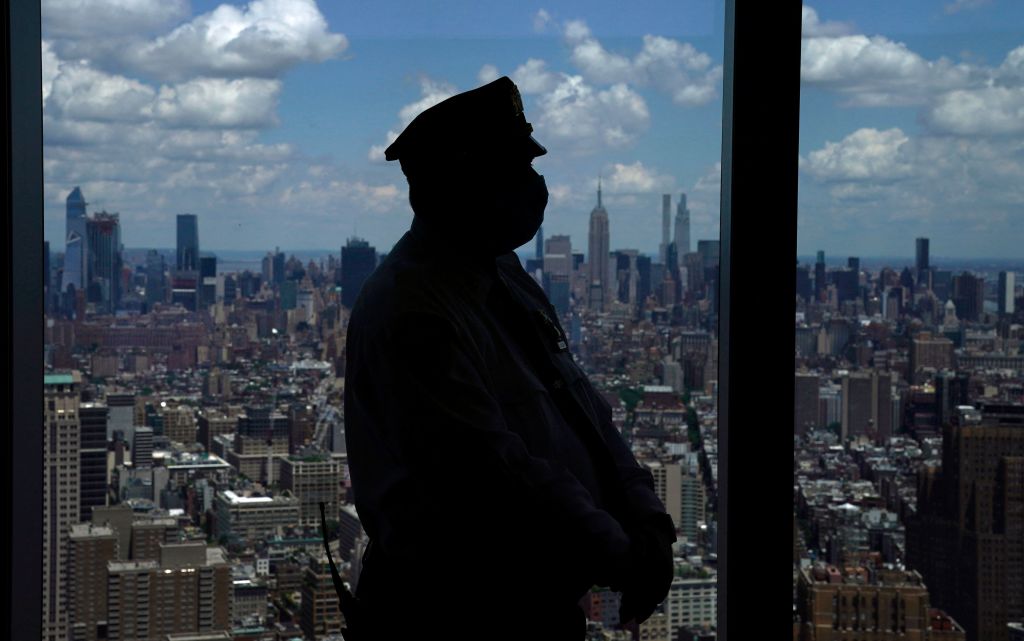Has the NYPD's post-9/11 policing turned the city into a 'surveillance state'?


A free daily email with the biggest news stories of the day – and the best features from TheWeek.com
You are now subscribed
Your newsletter sign-up was successful
The crime fighting technology born out of the fall of the World Trade Center on Sept. 11, 2001 has "fundamentally changed" the way the NYPD finds and foils not just terror threats, but minor, low-level crimes, as well, The New York Times reports.
So much so, in fact, critics worry that post-9/11 digital surveillance tools — like facial recognition software and license plate readers, both routine encounters for everyday New Yorkers — have turned the city into almost a "surveillance state," even for law-abiding citizens, the Times writes. Notably, the NYPD's budget for intelligence and counterterrorism has more than quadrupled since 2006; that technology is now harnassed to thwart gang violence and street crime.
John Miller, deputy commissioner for the police department's intelligence and counterterrorism bureaus, insists that using counterror tactics and technology to fight low-level crime is "what everybody would want us to be doing." Carlos Fernandez, a former FBI agent in charge of counterrorism in New York City, agreed, noting that repurposing post-9/11 tactics has "been very beneficial." He added, however, that "without the proper checks and balances, anything that's good can also be used for bad reasons."
The Week
Escape your echo chamber. Get the facts behind the news, plus analysis from multiple perspectives.

Sign up for The Week's Free Newsletters
From our morning news briefing to a weekly Good News Newsletter, get the best of The Week delivered directly to your inbox.
From our morning news briefing to a weekly Good News Newsletter, get the best of The Week delivered directly to your inbox.
Other insiders say the expansion of police power and presence predates 9/11. But with development of the Domain Awareness System — an apparatus that "fuses data from several different surveillance tools" and was developed originally for anti-terror purposes rather than crime-fighting ones — as well as other surveillance tactics, critics still have their concerns.
Donna Lieberman, executive director of the New York Civil Liberties Union, said the organization once mapped out every police camera they could find in the city in the 1990s. "We repeated the survey at some point after 9/11," she said, "and there were too many cameras to count."
A free daily email with the biggest news stories of the day – and the best features from TheWeek.com
Brigid Kennedy worked at The Week from 2021 to 2023 as a staff writer, junior editor and then story editor, with an interest in U.S. politics, the economy and the music industry.
